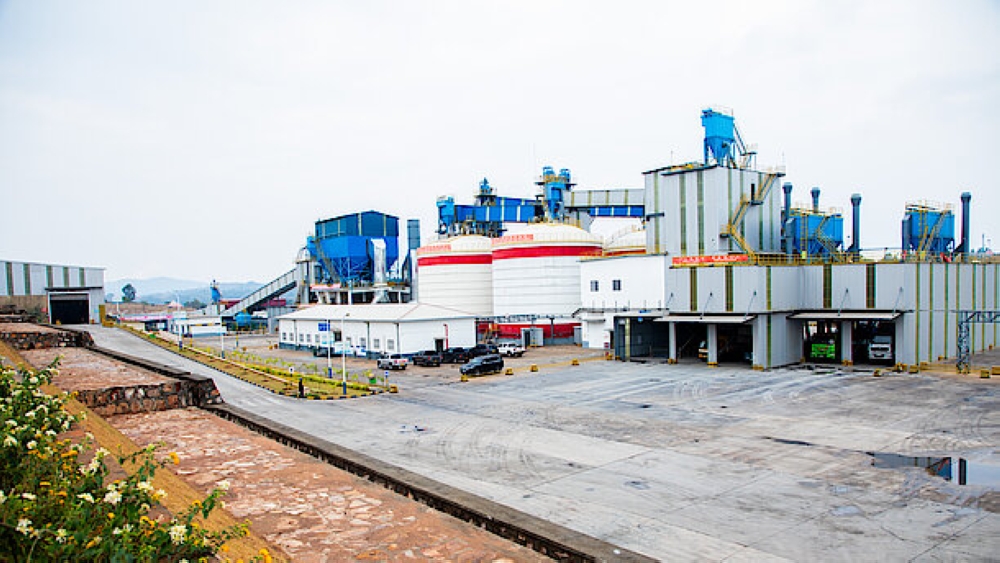One of the developments that unfolded this week is the push for accreditation of medical laboratories on the African continent. Rwanda as a developing country continues to struggle towards achieving various set targets within the health sector.


One of the developments that unfolded this week is the push for accreditation of medical laboratories on the African continent. Rwanda as a developing country continues to struggle towards achieving various set targets within the health sector.
It is unfortunate that little attention has been drawn to the laboratory process of this sector and as a result only a small number of Africa’s laboratories are currently accredited.
In simple terms, a medical laboratory or clinical laboratory is a place where tests are done on clinical specimens in order to get information about the health of a patient.
How then can our health experts manage to treat patients effectively if laboratory tests turn out to be inaccurate or unavailable? In my view this could be one of the reasons why some health strategies remain unachievable.
According to World Health Organization, only 10 percent of malaria cases in Africa are tested properly. There is indeed a more urgent need to revamp our laboratories in a bid to increase the effectiveness of government health strategies that aim at eliminating malaria and other preventable diseases completely.
Advocacy for laboratory recognition is required and just as other health strategies are funded so should be laboratory improvement. By now clinical specimen should not be sent out of the country for testing because this delays treatment.
However, clinical and laboratory standards should be standardized to ease the actual treatment process.
It is also unquestionable that while accreditation of our laboratories may require a lot of commitment and resources, the benefits are measurable not only to laboratories but to the entire health system of the country.
Since the Millennium Development Goals for health strongly rely on laboratory services, it is a matter of fact, that health partners and governments must put a lot of effort in laboratory capacity building. That is when diseases like HIV/Aids, Tuberculosis, Malaria and other emerging and re-emerging diseases can be curbed.
In his clinical experience, Dr. Emmanuel Musebeyezu of King Faisal Hospital recently explained that a crisis of lack of laboratory equipment in the 1980’s led to the death of many people through various avoidable errors such as using HIV infected blood during the course of blood-transfusions.
Today, testing is available but most laboratories are still not qualified. The common reason is that many lack equipment, proper funding, better training for workers and orderly management.
Now that the World Health Organisation – AFRO laboratory accreditation scheme has been rolled out, it is our hope that our laboratories will take the step-wise approach to improving laboratory quality management by acquiring official recognition thus increasing the quality of patient care.
It is important for patients to acquire accurate results and this external evaluation or the hallmark of accreditation assures the customers that services meet acceptable quality and safety standards.




